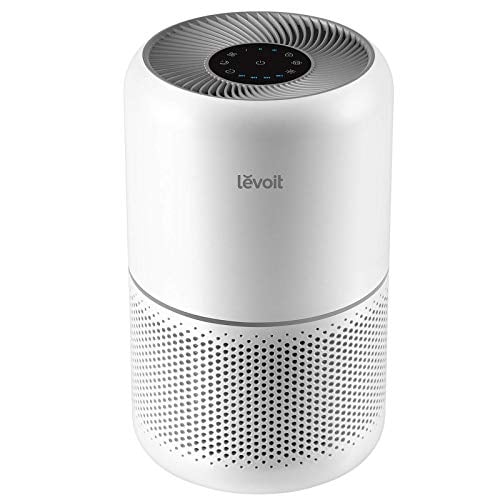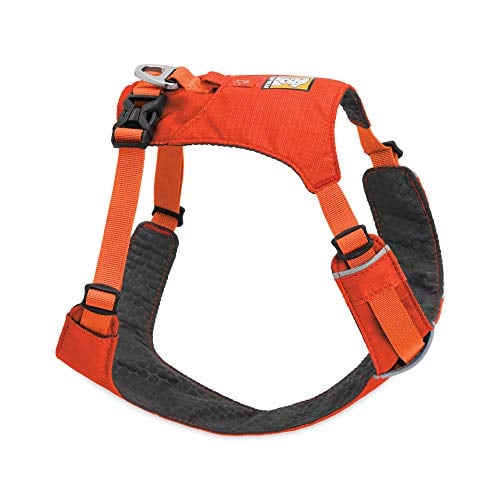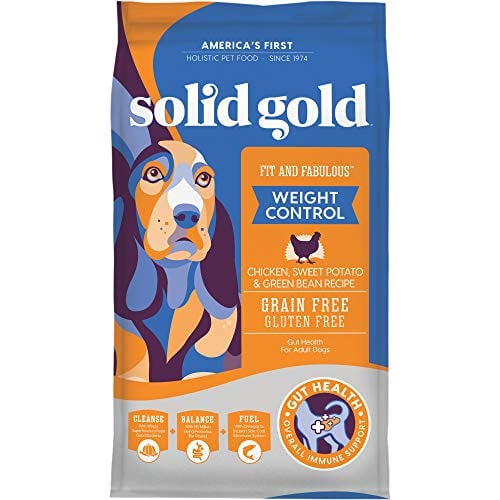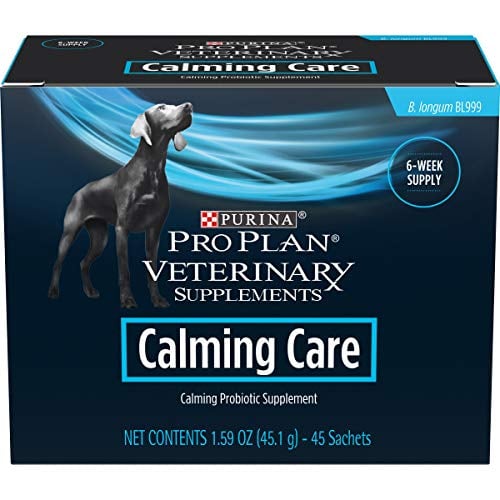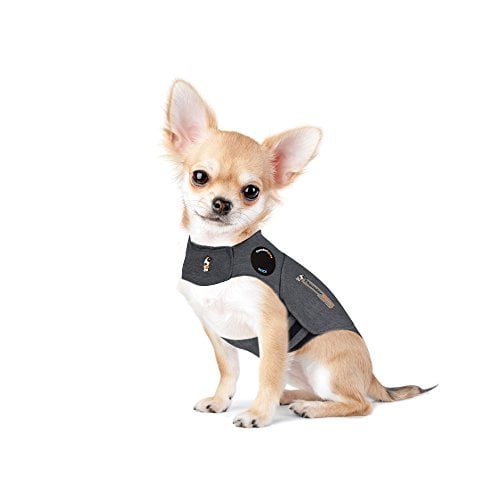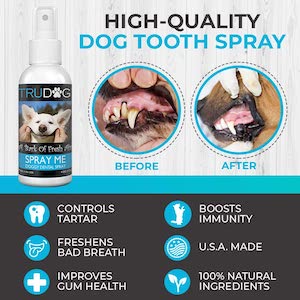It may sound alarming, but tracheal collapse in dogs is a relatively common condition, especially in smaller breeds. Luckily, there are ways for pet owners of dogs who are predisposed to the condition to prevent a collapsed trachea as well as manage symptoms in dogs already diagnosed.
If you notice any worrisome symptoms in your dog or you just want to learn how to spot this condition, the best thing you can do is speak with your vet. They can help you navigate this condition while providing support for your pet’s recovery.
What is tracheal collapse in dogs?
Tracheal collapse is a chronic and progressive disease of the windpipe that makes it hard for air to reach a dog’s lungs. Dogs with a collapsed trachea will experience persistent bouts of coughing and respiratory distress.
Why does this happen? First, it helps to understand how your dog’s trachea is designed. To maintain its circular shape and allow air to flow freely, the trachea is lined with protective cartilage rings. These rings, however, are not complete circles, and they don’t completely wrap around the trachea. If the rings become weakened or lose their rigidity, the trachea will flatten when your dog takes a breath, VCA Hospitals explains.
Are certain dogs prone to tracheal collapse?
According to the American Kennel Club, any dog can experience tracheal collapse, but the condition tends to affect smaller breeds, including Pomeranians, Miniature and Toy Poodles, Yorkshire Terriers, Chihuahuas, and Pugs.
Overweight dogs and older dogs are at greater risk of experiencing it, although young dogs can also be affected. Living in a household with a smoker also increases a dog’s risk.
What are the signs of tracheal collapse in dogs?
The most obvious sign of tracheal collapse in dogs is a dry honking cough that sounds almost like a goose. This can be triggered by a number of things, including exercise, changes in temperature, drinking, excitement, stress, and pulling on an affected dog’s collar. Dogs with tracheal collapse have difficulty breathing and may wheeze when they draw in air.
If the condition escalates and a dog’s airways are dramatically narrowed, fainting or blue-tinged gums may occur. If this happens, your dog needs to see a veterinarian right away. They can stabilize your pet’s breathing with supplemental oxygen and will develop a treatment plan.
What are the treatment options for tracheal collapse?
Tracheal collapse is a lifelong condition, and one that worsens over time. That’s not to say, however, there aren’t ways to slow its progression and mitigate symptoms.
Some dogs will require surgery, but many are able to manage their condition medically. Your vet will know the best ways to keep your dog comfortable and living his or her best life. The vet may also prescribe cough suppressants to reduce airway inflammation or sedatives to quell relentless coughing.
Since obesity aggravates the condition, your vet can make recommendations for managing your dog’s weight. To that end, a healthy, low-calorie diet and regular exercise are essential. Getting an anxious dog’s nerves under control will also stave off attacks triggered by stress or excitement.
For dogs with tracheal collapse, there are a few useful items that can help them get more comfortable. We’ve rounded up six indispensable tools to help you manage your dog’s collapsed trachea—or prevent it from occurring in the first place. Let’s take a look.
6 Helpful Items to Manage Tracheal Collapse in Dogs
Since coughing spells in a dog with tracheal collapse can be triggered by airborne irritants like dust and smoke, it’s worth considering investing in an air filtration system. Airborne contaminants are no match for this Levoit air purifier—it only takes 12 minutes to refresh the air in a room, which means this little device is able to refresh a space’s air five times in an hour.
Choose from four filter types (original, pet allergy filter, toxin absorber filter, and smoke remover). Just be sure to change the filters regularly to keep the purifier working optimally.
Dogs with tracheal collapse still need to exercise, but they may need to take things down a notch. Leisurely, slow-paced walks are the best way to maintain your dog’s weight while avoiding a coughing flare-up.
To avoid placing pressure on your dog’s windpipe, trade their regular collar for a no-pull harness. This lightweight Ruffwear harness is adjustable and comes in six sizes, so you should have no problem finding the right size—even for your teeny Chihuahua.
For more advice on selecting a harness for your dog, check out our guide to the best harnesses for every kind of dog.
For dogs with limited exercise tolerance and tracheal collapse, a healthy diet goes a long way towards keeping their weight in check and their breathing optimal. One low-fat option is Solid Gold’s Fit & Fabulous dry dog food. Featuring wholesome ingredients like chicken, sweet potatoes, and green beans, this balanced formula will help your dog maintain a healthy weight.
The folks at Pet Wellbeing artfully integrate alternative health options with scientific research in their line of herbal pet supplements. This all-natural blend of soothing herbs can relieve your poor pup’s hoarse throat. It also boasts antibacterial and antispasmodic properties, boosts the immune system, and may alleviate some of their discomfort. Plus, the yummy bacon flavor helps the medicine go down.
Throat Gold is made in the U.S. and tested for purity, so there are no toxins, GMOs, or synthetic ingredients here. Consult with your vet before adding this or any supplement to your dog’s diet, especially if they have tracheal collapse.
Overactive nerves can cause a collapsed trachea to act up, so it’s important to keep your dog as calm as possible. These Purina supplements were developed by in-house vets, nutritionists, and researchers, and they deliver a healthful dose of the probiotic BL999, shown to ease canine stress. Speak with your vet to see if your dog could benefit from incorporating calming supplements into his diet.
Recommended by veterinarians and trainers the world over, this popular calming vest is designed to mimic the gentle pressure of a hug. Whatever troubles your dog—fireworks, travel, grooming sessions, the vet—a ThunderShirt may be able to ease their stress, alleviating the painful coughing episodes that come with tracheal collapse.
We know how important your dog’s health is to you. We also know that vet bills can be expensive, particularly for dogs dealing with medical conditions—which means it might be a good time to think about pet insurance. If you’re curious about whether pet insurance is right for you, we’ve weighed the pros and cons in this pet insurance explainerso you can learn more about it.


